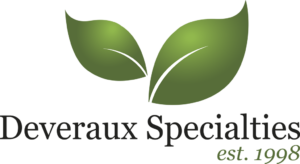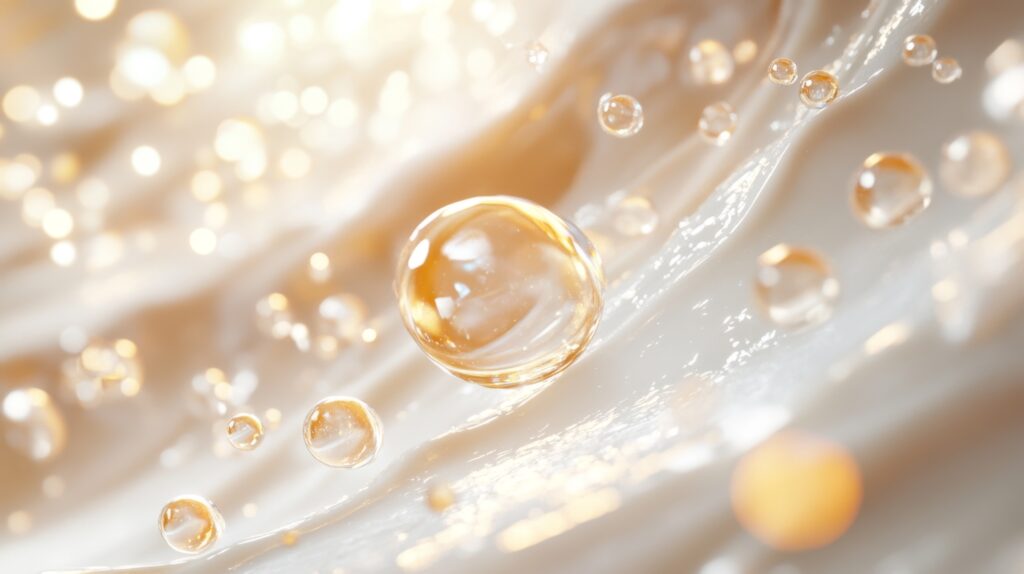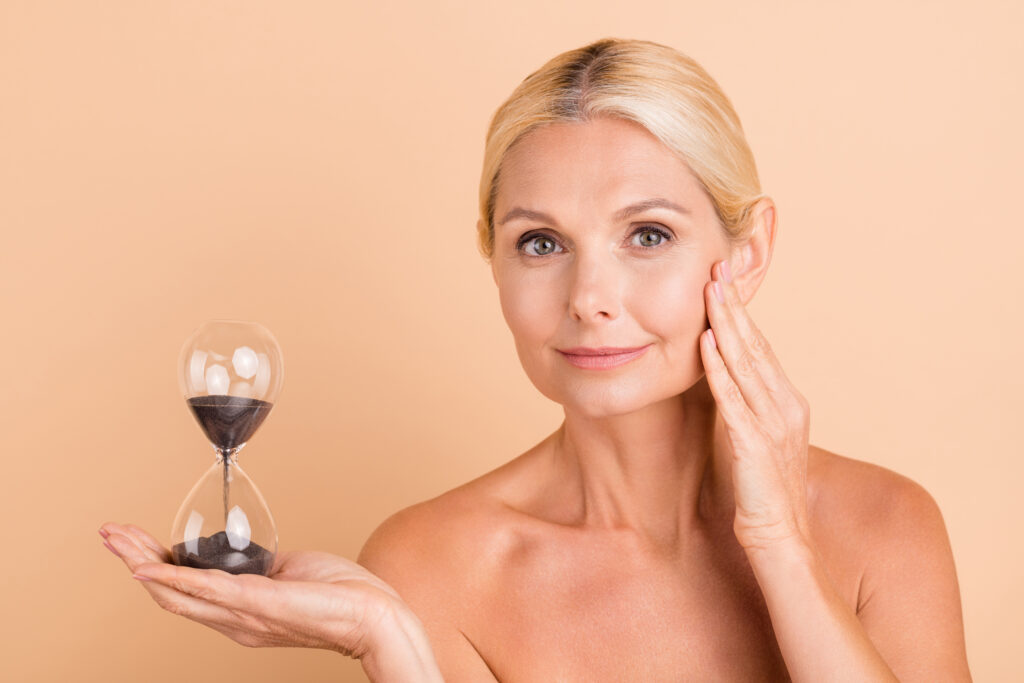The Rise of Upcycled Beauty
In a world where sustainability is not just a choice but a necessity, the beauty industry is undergoing a transformative shift. Deveraux Specialties is at the forefront of this change, championing the use of upcycled cosmetic ingredients derived from food waste and byproducts. This innovative approach not only reduces environmental impact but also harnesses the potent benefits of ingredients that once would have been discarded.
What is Upcycling?
Upcycling in the context of cosmetics refers to the process of transforming byproducts or waste materials from one industry into valuable ingredients for another. By reclaiming substances that would otherwise contribute to landfill, upcycling adds value through innovation and sustainable practices.
The Food-Cosmetics Nexus
Every year, approximately 1.3 billion tonnes of food intended for human consumption are lost or wasted globally — a staggering statistic reported by the The State of Food and Agriculture¹. This loss represents not just a missed dietary opportunity but also a substantial environmental burden. However, this scenario also presents a unique opportunity for the cosmetic industry.
Recognizing the potential of upcycled ingredients, cosmetic manufacturers around the world have embraced partnerships with food producers to turn waste into treasure. These collaborations ensure that valuable nutrients and active compounds like antioxidants, oils, and minerals that are beneficial for skin care are not wasted but are instead incorporated back into the production cycle.
Benefits of Upcycled Cosmetic Ingredients
- Sustainability: Utilizing upcycled ingredients significantly reduces the beauty industry’s environmental footprint by minimizing waste and promoting a circular economy.
- Efficacy: Many byproducts from the food industry are rich in active ingredients that are ideal for cosmetic formulations. For instance, coffee grounds are excellent exfoliants and contain antioxidants that protect the skin from damage.
- Innovation: Upcycling encourages innovation in product development, leading to unique products that offer new benefits and experiences to consumers.
- Cost-Effectiveness: By using materials that would otherwise be disposed of, manufacturers can lower raw material costs while also contributing to environmental sustainability.
Our Partnerships
At Deveraux Specialties, our partnerships are pivotal. We work closely with a network of suppliers whose collaborations with food producers specialize in the extraction and refinement of plant-based ingredients from food waste. These partnerships are not only beneficial from a sustainability standpoint but also ensure that the ingredients meet high standards of purity and efficacy suitable for cosmetic use.
Turning Food Waste into Skin Treasure
As we continue to explore and expand our use of upcycled ingredients, Deveraux Specialties remains committed to promoting sustainable practices across all aspects of our operations. By turning what was once considered waste into essential and effective cosmetic ingredients, we are not just beautifying skin—we are also preserving our planet. Join us in embracing the beauty of sustainability.
Featured Products
AnnonaSense CLR™
Vetivyne™
Patchoul’Up™
Mangixyl™
Omegablue®
Rice Silk
Eliorelys®
Apricot Oil
Cranberry Oil
Hibiscus Acids
Leucoselect®
Opextan®
Spherulite™ HA Ultimate
Olivoil Glutamate BWP
Olivoil Glutamate Emulsifier MB
Olivoil Fruttoside WP GW
Olivoil Fruttoside BAS
Olivoil Emulsifier BA+ MB
Olivoil Emulsifier BA+
Olivoil Avenate Emulsifier MB
Olivoil Glutamate FoKSNaB
Olivoil Surfactant FoKSNaB
Olivoil PCA FoKSNaB
Olivoil Glutamate Emulsifier
Olivoil Glutamate SP
Olivoil Glutamate LW
Olivoil Glutamate Emulsifier G-PF
Olivoil Fruttoside SB
Olivoil Emulsifier FOKSNaB
Olivoil Avenate FOKSNaB
Olivoil Avenate Emulsifier
SeaBerry Blue™
Olive Squalane
Olive Squalene
Sapote Oil
Liquid Shea-Refined
Plantsil™
Plantsil™ XLite
Plantsil™ Xcite 100
Plantsil™ Xcite 350
Plantsoft™ L
Plantsoft™ Oil
Plantsoft™ Wax
Olive Oil-Refined
Ecomuls™ 2 in 1
REFERENCE
FAO: The State of Food and Agriculture: Moving Forward on Food Loss and Waste Reduction, 2019, page 12. Online resource: http://www.fao.org/3/ca6030en/ca6030en.pdf








